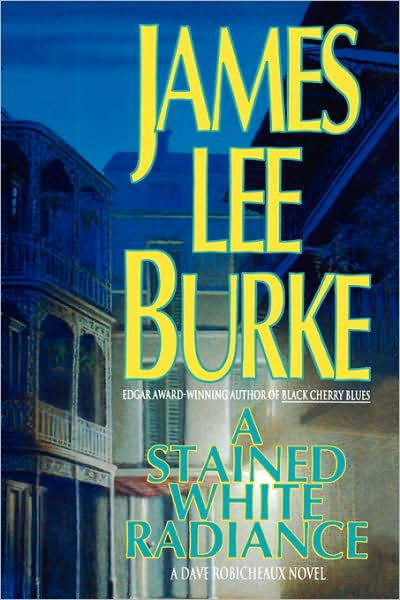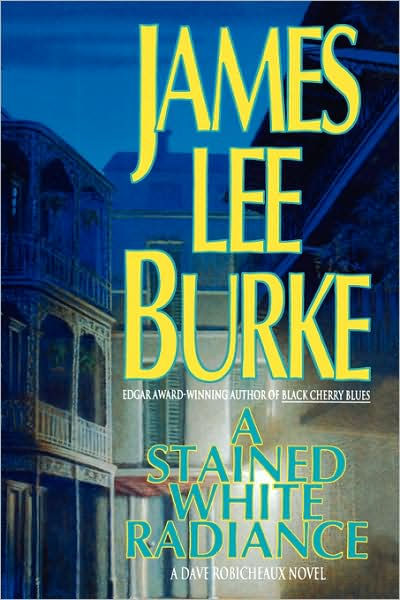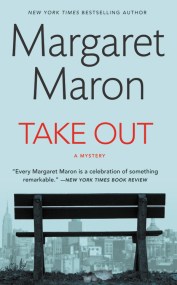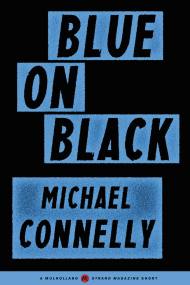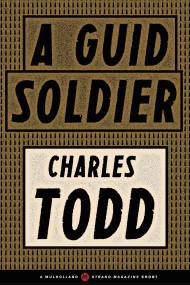A Stained White Radiance
Contributors
Formats and Prices
Price
$28.00Price
$36.00 CADFormat
Format:
Hardcover $28.00 $36.00 CADThis item is a preorder. Your payment method will be charged immediately, and the product is expected to ship on or around April 2, 1992. This date is subject to change due to shipping delays beyond our control.
Also available from:
- On Sale
- Apr 2, 1992
- Page Count
- 305 pages
- Publisher
- Hachette Books
- ISBN-13
- 9781562829803
By clicking 'Sign Up,' I acknowledge that I have read and agree to Hachette Book Group’s Privacy Policy and Terms of Use
